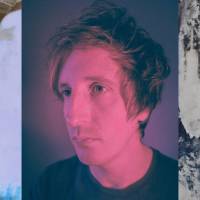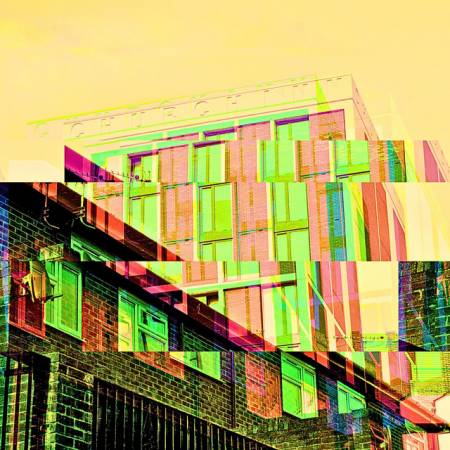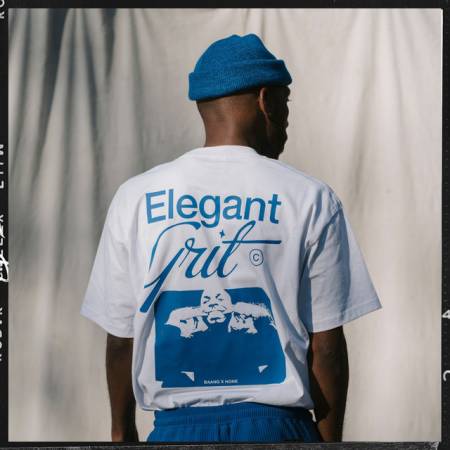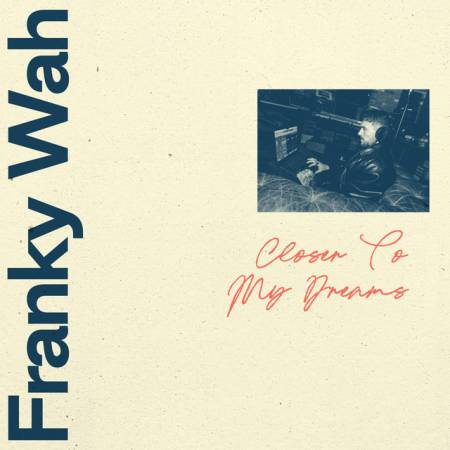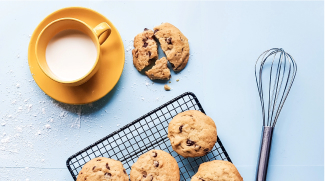During the mid-2010s, a particular ‘genre’ (I use that word cautiously) and aesthetic started to gradually rise in popularity within the outskirts of the Electronic music domain. Surprisingly, I’m talking about (Neo)Classical… And before your mind starts conjuring images of Bach, Beethoven, or even Chopin, I must promptly add that I’m not referring to your conventional Classical. Artists like Nils Frahm, Max Cooper, Olufar Arnarlds, and Christian Löffler reshape our perception of Neoclassical as Electronic influences regularly seep into their work, or even the other way around when they pull from Classical influences to embellish their Electronic tracks.
This aesthetic which is ‘Not Quite Classical’ arguably marks the evolution of Classical music for this era and has even been inspiring the most notable Electronic producers too such as Bonobo.

The iconic German producer and composer Christian Löffler is among the artists who have been seamlessly blurring the lines between Electronic, House, and Classical for the past couple of years. In 2020 Christian was invited by legendary Classical record label Deutsche Grammophon (the oldest surviving established record company since its establishment in 1989) to rework tracks by some of the greatest composers who ever lived, including J.S. Bach, Beethoven, and Chopin. This culminated in an emotive body of work called ‘Parallels’ for his 7th album - an album which is VERY different from any of his previous releases and probably one of the most challenging too. In this interview, Christian Löffler takes us through the production of Parallels, the rise of Classical Electronica, the evolution of his creative process, and much more.
During your adolescence, you were listening to a lot of "guitar music" and of course Indie stuff too. What inspired you to drift towards making Electronic music rather than the guitar-based music you were heavily into?
To be honest I was just lazy I guess. My best friend was practicing guitar every day for many hours and went to music school. I knew that this wasn’t for me. I’m a very emotionally driven person and for me, it’s more about the moment I feel inspired than discipline. Therefore I was very happy to find out about music production software and having the chance to create sounds without notes and just playing by feeling.
Stay up to date.
New music and exclusive updates in your inbox weekly.
Over the years your sound has taken a more minimalist approach, particularly on albums like Graal and the follow-up Lys. I'm curious as to how the change to a minimalistic approach has enhanced your creative process?
Oh, that’s interesting because I have the feeling that my music was always quite minimalistic. I’m trying to reduce the number of instruments and sounds. Trying to stay close to the core of the initial idea of the piece. I guess it also helps that I’m more with the use of synthesizers and tools after the years I’m in the music production field now. But I’m also more confident with what I want to create and how it should sound without thinking much about what critics or listeners will say.
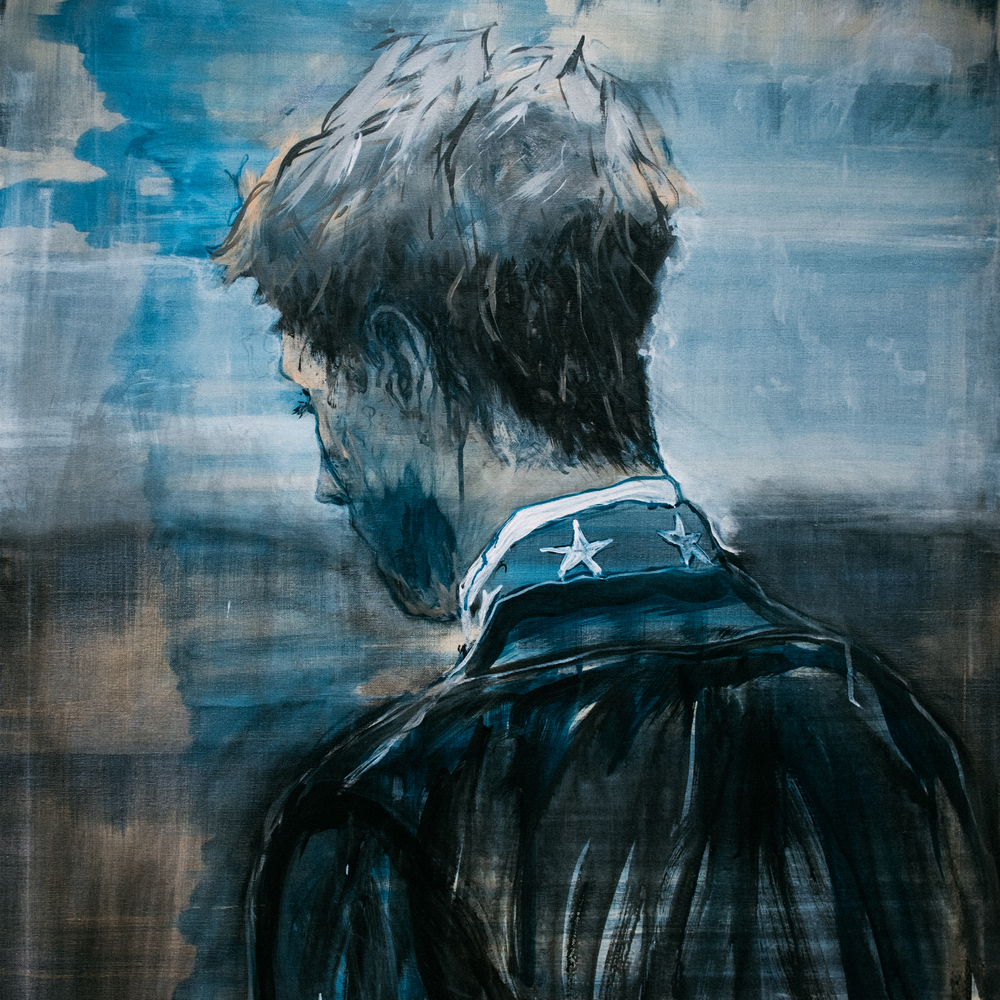
Talking about the creative process, what are some habits you've picked up over the years that have helped you get into a state of flow and mindfulness before/during your studio sessions?
It’s still new every time I start with a blank page. It’s still the same feeling. Except that I try to avoid taking paths that became comfortable over time. I realized that I need constant input coming from traveling, visiting places, and meeting people to keep my ideas flowing. If I feel inspired I usually need to be fast to not lose the moment. I try to catch the essentials as quickly as possible. What also helps is going for a run in the morning. It really clears my mind and I’m good to go afterward.
What was going on in your life during the making of your latest album Parallels? And how was it like working with legendary classical record label Deutsche Grammophon?
Deutsche Grammophon approached me just when Covid hit the world and all my tour plans were canceled. I realized that I would a lot of time in the studio but I actually just released Lys and making new music was not on my mind at all. Talking with the DG team and getting some insights on these old Shellac recordings and their history really caught my interest. It was different from writing new music because all the music was already there. But it was also not a remix project because I always had only one recording for each piece. So it was always the whole orchestra playing. There were no multi-tracks. So getting to know all the material better with the time made me realize how challenging this would be.
How did you feel about Classical music before jumping into a project like Parallels?
I listen to many different genres. I even listen to a lot of music that is not very appealing at first. Just to broaden my horizon and find interesting passages and ideas. So I was also listening to some core classic pieces from time to time but not on a daily basis. On the other hand, I'm friends and also a fan of many artists in the Neo-Classical field and I worked and played shows with a string quartet before. But of course, with diving deeper into this project I got more and more an idea of how complex and rich the original pieces are.
The visuals for "Dir Jehova" are so captivating I must say! In which ways would you say the video captures the message and mood you were going for on the track?
For me, the idea was to transport the full emotionality of the rework. I wanted to have a direct connection to a human relationship. I wanted it to be a classic love song.
What was the most challenging aspect of creating the album?
Most challenging was the actual amount of music. Some pieces are over 15 minutes long and there is just so much going on. There is so much beauty and lovely moments I wanted to cover in my reworks but of course, I had to limit myself to not lose track within the project. I was kind of overwhelmed in the beginning while choosing the pieces I wanted to rework. I found a strategy to make my decisions by closing my eyes and listening to all the material randomly over and over again. I took note of moments that really caught my attention and where I had the feeling that I am able to add something that makes sense and lifts it to another level.
Where did you work on Parallels and how would you say the environment influenced the end product?
I was working on it in my regular studio which is in a cabin located in a coastal forest at the Baltic Sea. It was not so much about finding a special place to work on this project as all the material was already very new and inspirational to me.
Over the past couple of years we've seen a rise in popularity when it comes to "Classical Electronica" with names like Nils Frahm, Max Cooper, Olafur Arnalds, Rival Consales, and yourself being mentioned in the same breath. What do you think are some of the factors that have attributed to this rise in popularity?
That’s a good question as I’ve been a fan of this kind of music myself for a long time. I think many times it’s the kind of easiness and airy feel this music has which is appealing to many people. The sound of a piano is just beautiful. You can’t really beat that. And also a violin or cello are some of my favorite instruments. They just sound amazing. But maybe the context was missing for younger people. Many classical pieces are very complex and are changing themes and melodies quickly. Too quick sometimes for my feeling. Featuring these beautiful instruments in more direct musical works helped to gain a lot of popularity in this new genre.
In which ways would you say the Electronic music scene in Berlin has changed compared to when you first started playing gigs in the early 2010s?
It became much more open for more "musical“ Electronic music. I remember playing my first show in Berlin and I was really struggling with the crowd. One person showed up at some point and said "What are you actually doing? This is way too slow and boring!“. :D It became very different over the years. People are much more open now and are enjoying shows in a traditional concert House mixing more raving tunes with quiet moments on the piano or a string quartet playing. I think the scene changed for the better in that aspect. People are very open to new or different sounds also at a club gig. I love playing in Berlin.

Something that many of your fans might not know is that you're extremely passionate about painting. What sort of fulfillment do you get from painting that you usually don't get from making music?
It’s just that I love seeing exhibitions and other people painting as much as I love listening to electronic music. Always when I have a strong passion for something I want to do it myself. It was the same thing with music before. I love listening to great music and immediately triggers my urge to create something new by myself. So it’s not really about getting something different from painting than from music. It’s just that want to paint and get better at it.
Amazing to see you're back on tour again. What have you missed most about touring? Any place you haven't played yet that you're excited about?
I missed it so much! Even the smallest moments are exciting! I love being at airports again or driving into the city after a long journey again. Something I was kinda tired of before the pandemic but now it feels so interesting and inspiring again to go places. I don’t have a particular show I’m waiting for, it’s really just that I’m enjoying every single date now to the fullest.
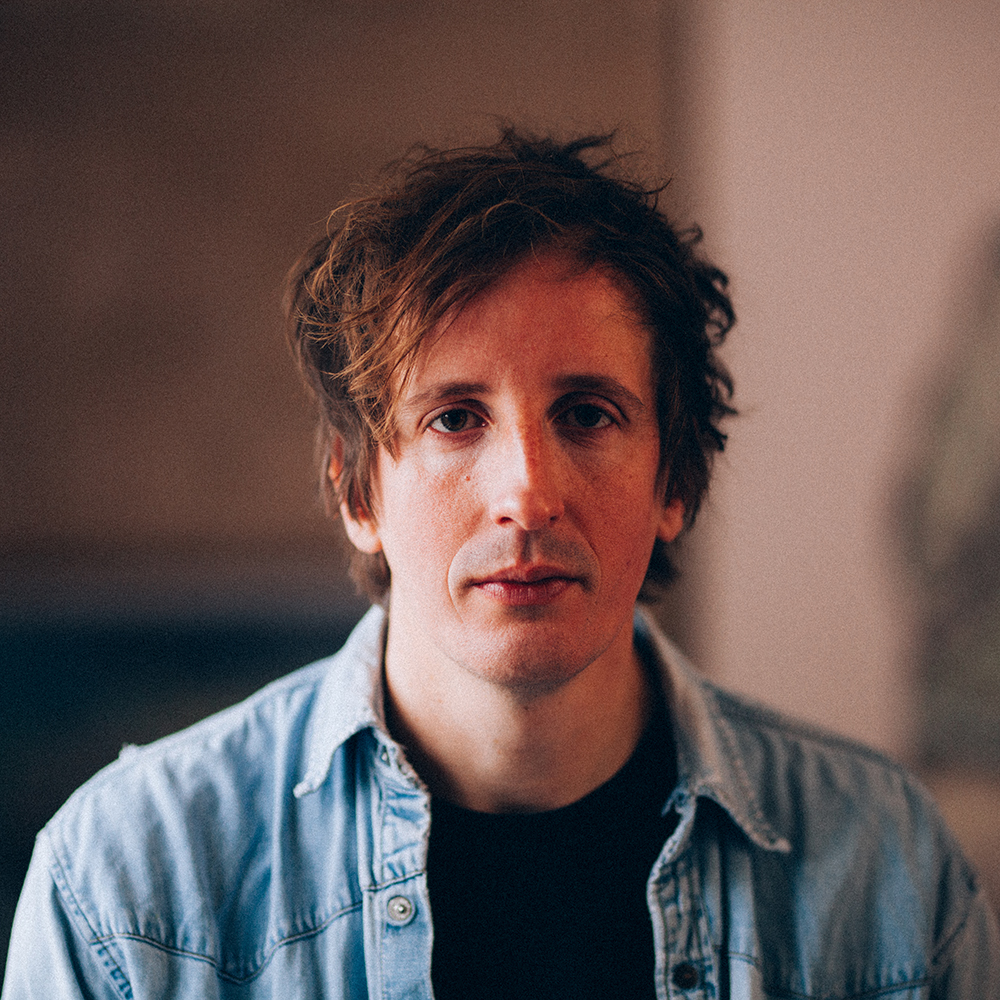
So... 1) An artist/band you would have a D.M.C (Deep Meaningful Conversation), 2) An artist/band you’d love to party with. 3) An artist you would like to be your mentor? You're welcome to pick from artists/bands who are retired/dead.
- William Basinski
- Juice Wrld
- Joy Divison

